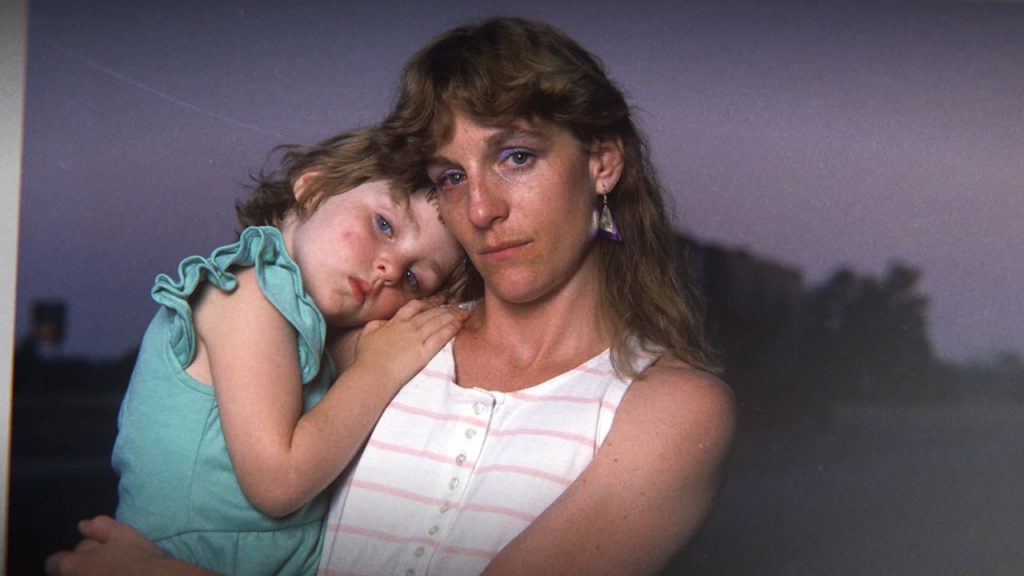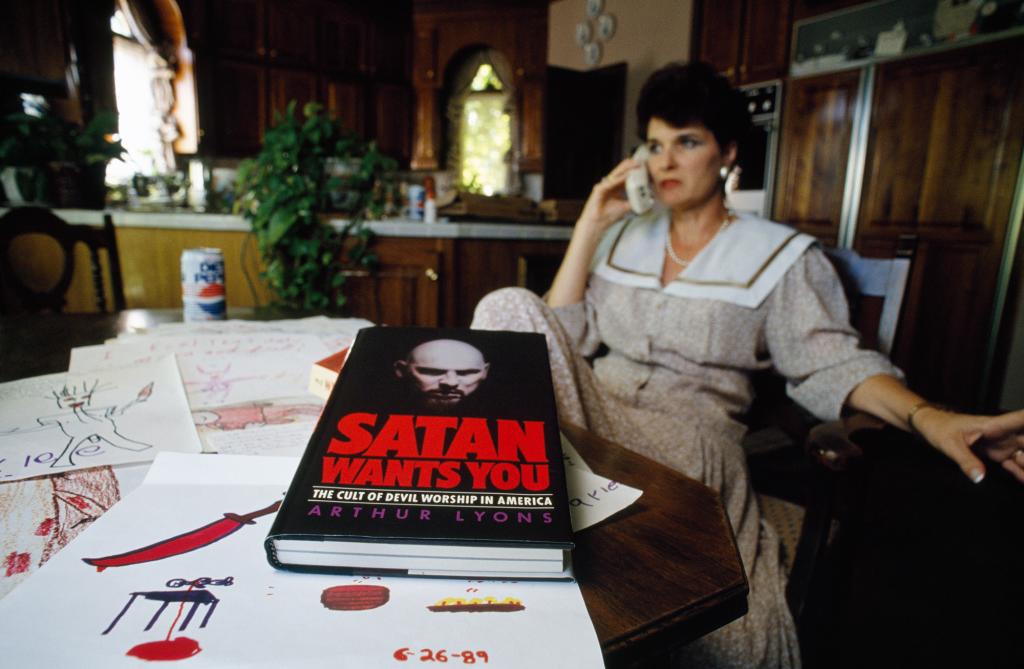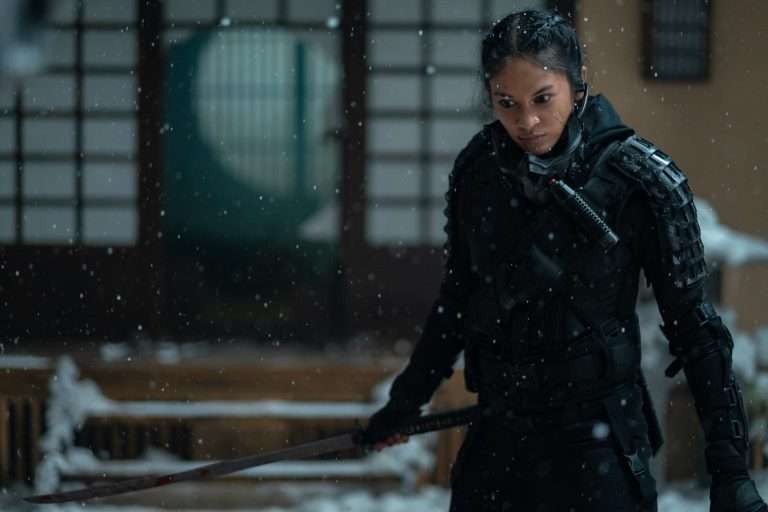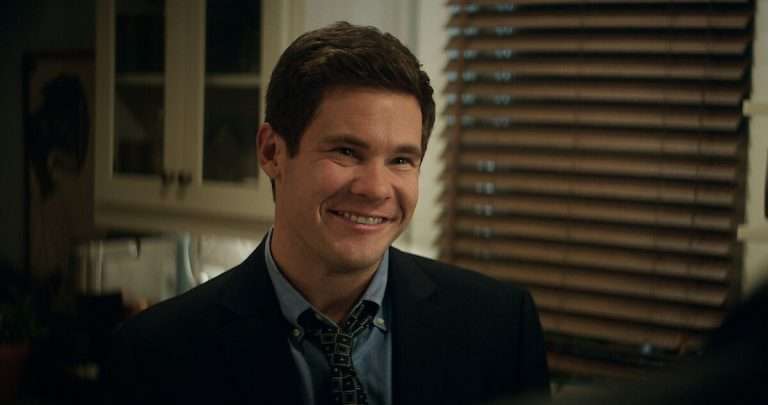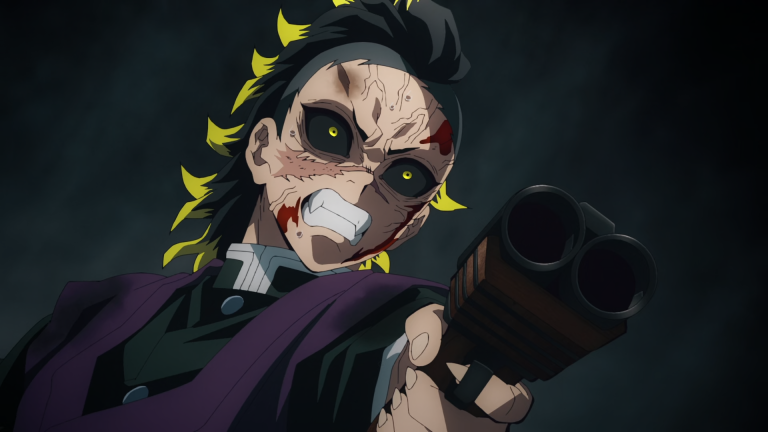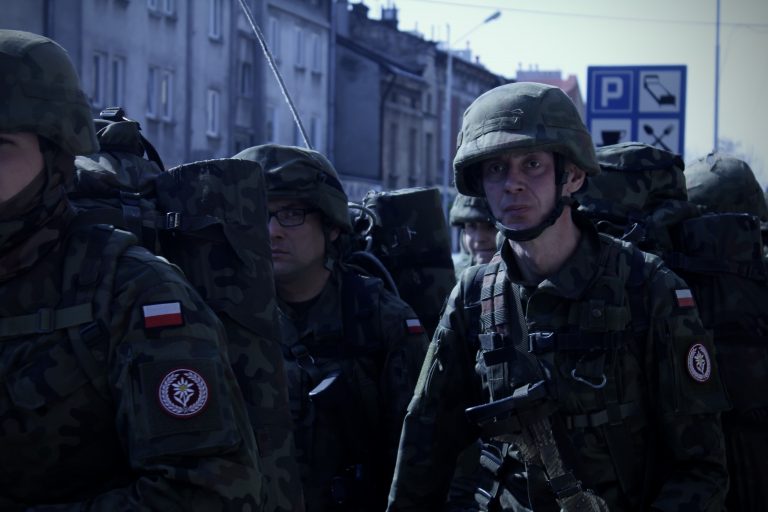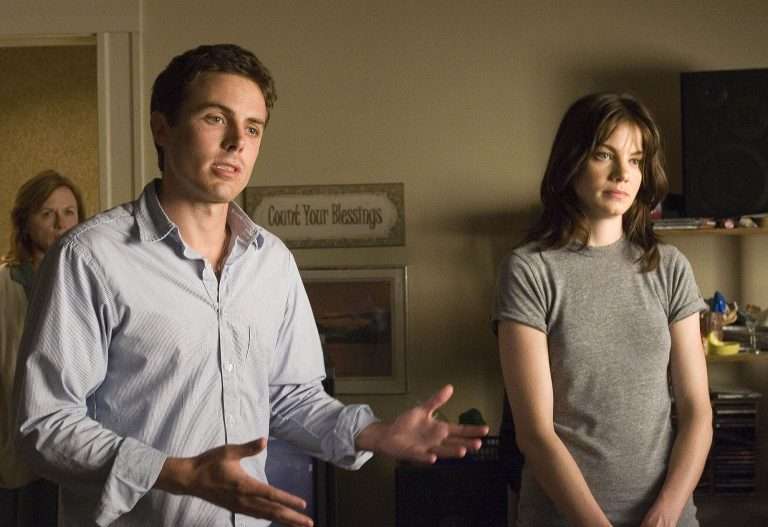The five-part FX docuseries, Children of the Underground by director Gabriela Cowperthwaite revolves around a woman’s crusade to aid young mothers who were striving to save their kids from sexually abusive fathers. She is Faye Yager, the woman known for her underground network which operated in the 1980s & 1990s, sometimes even assisting the non-custodial parent to kidnap their abused kid from the abuser. The elaborate network created by Faye then made these families disappear and emerge with new identities. Faye Yager claims that she has helped over 1,000 sexually abused kids who were all failed by the system. While Faye’s vigilantism raises a lot of pertinent questions regarding the Judiciary System, her methods and beliefs have sparked many controversies. In Children of the Underground, Cowperthwaite explores all the different aspects of Faye Yager’s activism and vigilantism.
What can the Mothers do When the Legal System Fails Them?
Children of the Underground opens with an episode, recounting the horrific experiences of a young mother named April Curtis. April has separated from her husband. Their little daughter Mandy visited the father on the weekends. However, after a weekend visit, April observed visible signs of abuse and Mandy disclosed that her dad caused the injury. April immediately filed a police complaint and hoped that she’d get full custody. But nothing changed. The court kept sending the little girl to her abuser. April fought for over two years in the Family Court, but the father’s abusive behavior wasn’t even considered a crime.
Later in the docuseries, Cowperthwaite employs talking heads to let us know how the family court landscape was in the 1980s & 90s. The judges were mostly white, middle-aged or elderly men. They weren’t properly given vetted information. The so-called emotional mothers are deemed ‘hysterical’, whereas the calm husbands are considered ‘stable’. Moreover, even judges believed that dads from a normal, suburban background don’t fit the part of a man abusing a kid. In fact, family courts were convinced that the claim of abuse of any kind is a method used by mothers to win custody battles. Psych evaluations and other physical evidence weren’t also deeply considered by the family courts because they simply didn’t have the resources to investigate and assess the situation.
This is how the legal system repeatedly failed mothers like April Curtis. The mothers were ordered to send their kids, despite the history of the abuse. At one point, April gathered medical evidence that Mandy was sexually abused by her dad. But to her dismay, no criminal charge was brought against him. Therefore, April fled with her daughter. She could be charged with a felony case of kidnapping, but there was no other option left for her. That’s when April Curtis heard about Faye Yager’s underground network and the young mother’s journey to forging a new identity begins.
Why Faye Yager Became a Crusader and a Vigilante?
Faye was born and grew up in a small West Virginian town. She got married to Roger Jones at the age of 17 and later gave birth to Michelle Jones. In the early 1970s, Faye caught her husband molesting their little daughter, Michelle. Nevertheless, Roger Jones was able to convince a judge that Faye was a hysterical and crazy woman. She was committed to a psychiatric hospital, and Michelle was placed under the care of her molester. Faye later got married to a physician named Howard Yager, but for the next decade she was only allowed for supervised – once a month – visitation with Michelle.
In 1986, Roger Jones was charged with child sexual abuse in a different case. Furthermore, he ended up in the FBI’s Most Wanted List for possession of child pornography and sexual assault. Faye deeply understands what it means when the criminal justice system fails a mother who wants to protect her abused child. It’s why she dedicated her life to saving as many sexually abused children as possible. She developed a network of people around the United States to house mothers and children on the run. Many common folks have supported Faye Yager’s campaign and offered to be part of her underground network. People working inside the institutions like law enforcement have also helped Faye. After an elaborate process, the parent and the child were given new names and identification papers in order to lead a new life.
There was lots of media attention on Faye. She became friends with organizations that are working on a similar cause. She made the talk show rounds and emphasized how the ingrained bias and ignorance of legal institutions is the reason behind her vigilantism. Even the feminist and political activist Gloria Steinem makes an appearance in the Children of the Underground and expresses that she was fascinated by Faye Yager’s crusade. However, Faye Yager’s noble intentions were soon called into question due to certain controversies.
How the Satanic Panic Craze Undermined Faye’s Credibility?
In the 1980s, fears of satanic cults and occultism swept across the United States. It was the era of Ronald Reagan and a decade that saw an increase in right-wing extremism and Christian conservatism. Lots of documentaries and detailed articles have showcased how the false claims of the satanic cult were exploited by the media and American political establishment. In 1992, at the age of 44, Faye Yager was taken to court with the charge that she emotionally abused two kids whom she came across through the network. Cruelty to children, interference with custody, and kidnapping charges was brought against Faye. If proved, she’d face a maximum jail time of 60 years. The jury, however, ruled in her favor, on the basis that there was no proof that Faye did anything out of malicious intent.
At the same time, the trial showcases how Faye’s noble crusade has gone astray due to some of her firm beliefs. Hailing from a Christian background, Faye Yager possibly believed that Satanism is behind the burgeoning rise of child abuse in the United States. Faye made many taped interviews with the kids who were rescued from their abusive parents. Few child psychiatrists posit that Faye’s aggressive methods of questioning abused children could do more harm to them. Of course, Faye isn’t trained to do this. But the taped interviews also show how Faye inadvertently tried to fit her narrative of satanic ritual abuse into these individual cases of abuse.
In Children of the Underground, Gabriela Cowperthwaite deals with these grey shades of Faye Yager in an adept manner. She interviews Christine and Kaylee, two women saved by Faye’s Underground Network when they were little kids. However, even now as adults they couldn’t understand the reality of what happened to them, because for a time they believed in Faye’s fantastical version of evil. The pitfalls of Faye’s Satanism theory were examined through the much-publicized 1984 McMartin Preschool Trial.
The case started as an accusation of sexual molestation and child abuse against family members running a preschool. Gradually, it turned into an exaggerated narrative including torture, murder, and animal sacrifice. The children’s testimonies about hidden tunnels, sacrificial killings, and satanic rituals were extensively covered by the media. However, in the ensuing investigation and the trial, the children’s testimonies were not corroborated by any hard evidence. The case was probably one of the many perfect examples of how one shouldn’t interview abused or victimized children. As the FBI Special Agent Kenneth Lanning states, ‘there is a seed of truth [to McMartin Case], something did happen. But it all got lost in these bizarre allegations’.
Faye Yager’s legacy is sort of plagued by similar issues. It is shown through the hardships in the lives of Christine and Kaylee how the sensational and allegedly imaginary claims of Satanism robbed them off a perspective to understand what had been done to them. In fact, it has somehow affected their journey towards healing.
Why A Millionaire Vowed to Destroy Faye Yager?
In June 1997, Ellen Dever, the ex-wife of Philadelphia millionaire Bipin Shah, disappeared with her two little daughters – aged 8 and 6. As I mentioned earlier, Gabriela Cowperthwaite delves into many grey areas of Faye Yager’s operation that it is occasionally emphasized Faye might not be sure whether her client is telling the truth in every case. At the same time, this was the beginning of the era when people and institutions were trying to understand the different forms of abuse, largely directed against women and children. Dever claimed to be a victim of domestic abuse. However, Dever never alleges that Bipin Shah abused their children. Since Faye has only helped mothers whose kids were suffering from abuse, this particular case was seen as an anomaly.
Moreover, Bipin Shah was a resourceful man and became a powerful adversary to Faye Yager. He announced a $2 million bounty for anyone who can find his ex-wife and children. The bounty announcement greatly impacted Faye’s operation. Twenty months after their disappearance, Bipin Shah found his children and ex-wife in Switzerland. He also sued Faye for $100 million. Shortly after the Bipin Shah episode, Faye stepped away from the movement she built. She has stayed out of the spotlight from then on. Though she has given a brief interview to Cowperthwaite for the docuseries, she doesn’t appear on camera.
Children of the Underground largely offers a much nuanced and multifaceted portrayal of Faye Yager and her beliefs. However, there are a few things that don’t perfectly fit into the docuseries. One such aspect is the Bipin Shah-Faye Yager tussle. The details of the case remain hazy. In fact, Faye herself doesn’t feature prominently in the last episode of the docuseries. The tale of April Curtis and Mandy/Amanda reaches a full circle at the end, and this conflict-ridden mother-daughter relationship was explored more brilliantly than Faye’s gradual withdrawal from the spotlight.
Final Thoughts
Faye Yager dedicated herself in helping the people who were failed and wronged by the legal system. She did make mistakes and some of her choices were messy. But that doesn’t take away the awareness and call for action she initiated on the subject of child abuse. The underground network was in fact the by-product of a broken criminal justice system. Gabriela Cowperthwaite’s Children of the Underground also works as a poignant account of the survivors of abuse.

